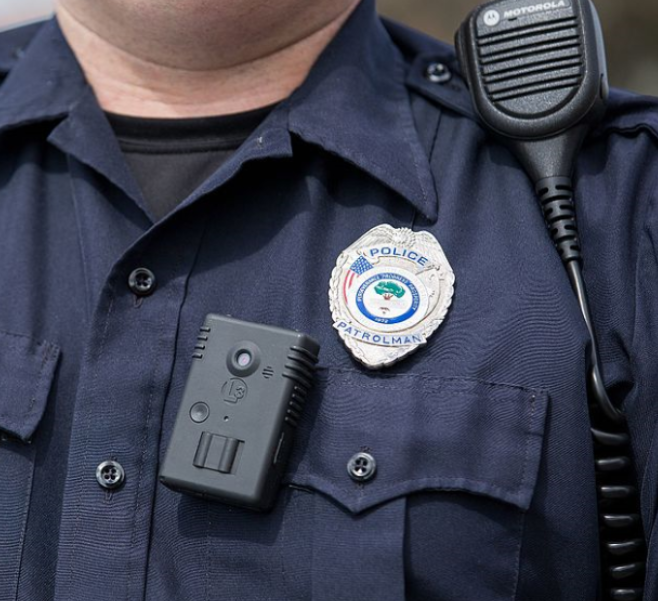Michigan bill would require state conservation officers to wear body cameras

A bill moving through the Michigan state legislature would require conservation officers in the Department of Natural Resources, who are tasked with protecting the state’s environmental assets and providing public safety, to wear body cameras.
The Department of Natural Resources began receiving funding for the recording technology in 2023 after Gov. Gretchen Whitmer signed an appropriations bill that included $1 million for body cameras. The new legislation would make wearing body cameras mandatory for the officers.
“The average cost to deploy one CO with a fully operational body worn camera and the equipment necessary to use it is just over $840,” agency spokesperson Ed Golder told StateScoop in an email. “We purchased enough cameras for 216 officers, since some cameras are issued to officers in non-field assignments.”
He added that there are 187 conservation officers assigned to the field with an additional 17 in training.
According to the 2023 bill, the department is slated to receive $857,500 in annual funding support for body cameras and to cover program costs, including equipment and data storage, as well as an increase in staff to manage public records requests for body camera footage.
Golder said it was trends in law enforcement that led DNR in 2020 to explore the use of body cameras. In September of 2023, the agency launched a pilot project to test the body cameras with a small group of conservation officers.
“We use the cameras to increase transparency with the public. The cameras also increase positive interactions between officers and the public, and improve our effectiveness in enforcing laws,” Golder said.
More than half of the department’s conservation field officers are equipped with body cameras, with the full rollout process on track to be completed by April.
“The cameras help us obtain evidence for criminal prosecutions, assist officers with writing reports and investigations, and protect officers against false accusations,” Golder added.
The U.S. Department of the Interior started requiring U.S. Fish and Wildlife Service field officers to wear body cameras in 2022 when performing law enforcement duties that involve interacting with members of the public.
Several states — including Arkansas, Georgia, Oklahoma and Tennessee — also require body cameras to be worn by game wardens, officers who enforce wildlife and fish laws.






